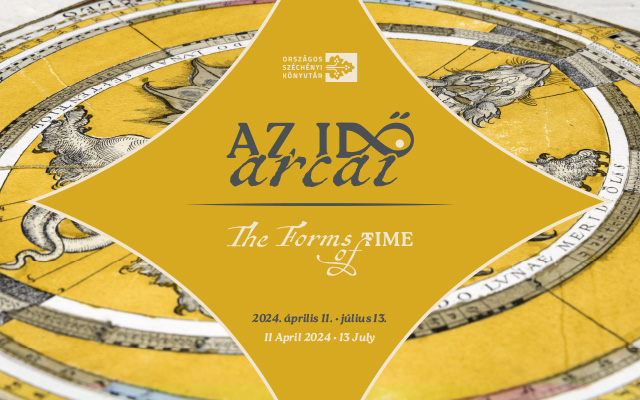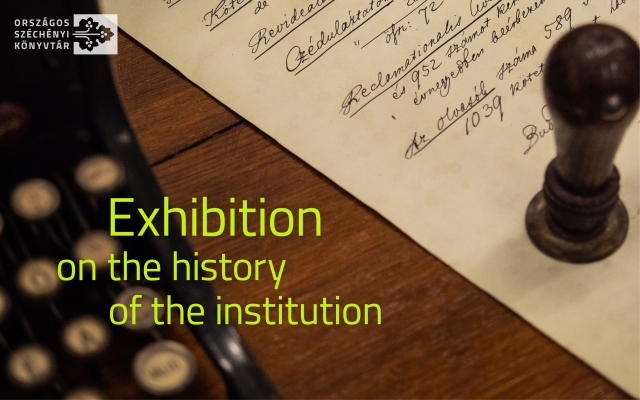Címlap 2
On 17 April 2024, the National Library hosted the 2024 General Assembly of Hungary of the International Association of Music Libraries, Archives and Documentation Centres (IAML), where the Head of the Music Collection of the NSZL gave a presentation to the audience.
The Haydneum – Hungarian Centre for Early Music Foundation held its annual press conference on 17 April 2024, where the results of the joint cooperation with the Hungarian National Library were presented.
The temporary exhibition, which will run for three months, began with a grand opening on 11 April 2024.
Director General Dávid Rózsa presented our library to PR and communication professionals at the Connect Conference on 11 April 2024.
In line with its mission, the NSZL donated 453 books to the library of Pribeník on 11 April 2024 to improve its book collection. The NSZL also presented more than 140 colouring and activity books to local preschool and primary school children.
On 10 April 2024, the Ambassador of the Republic of Peru to Hungary, Edgar Pérez Alván, visited the NSZL.
We would like to inform our readers that on Thursday, 11 April 2024, the website and catalogues of the National Library of Foreign Literature will be temporarily unavailable due to IT maintenance. We kindly ask for your patience and understanding!
The National Library of Foreign Literature (OIK) reopened its doors on Saturday, 6 April 2024, with a public family day, which was dedicated to the world of the Lord of the Rings, including the ceremonial unveiling of the 100-volume Tolkien collection.


















